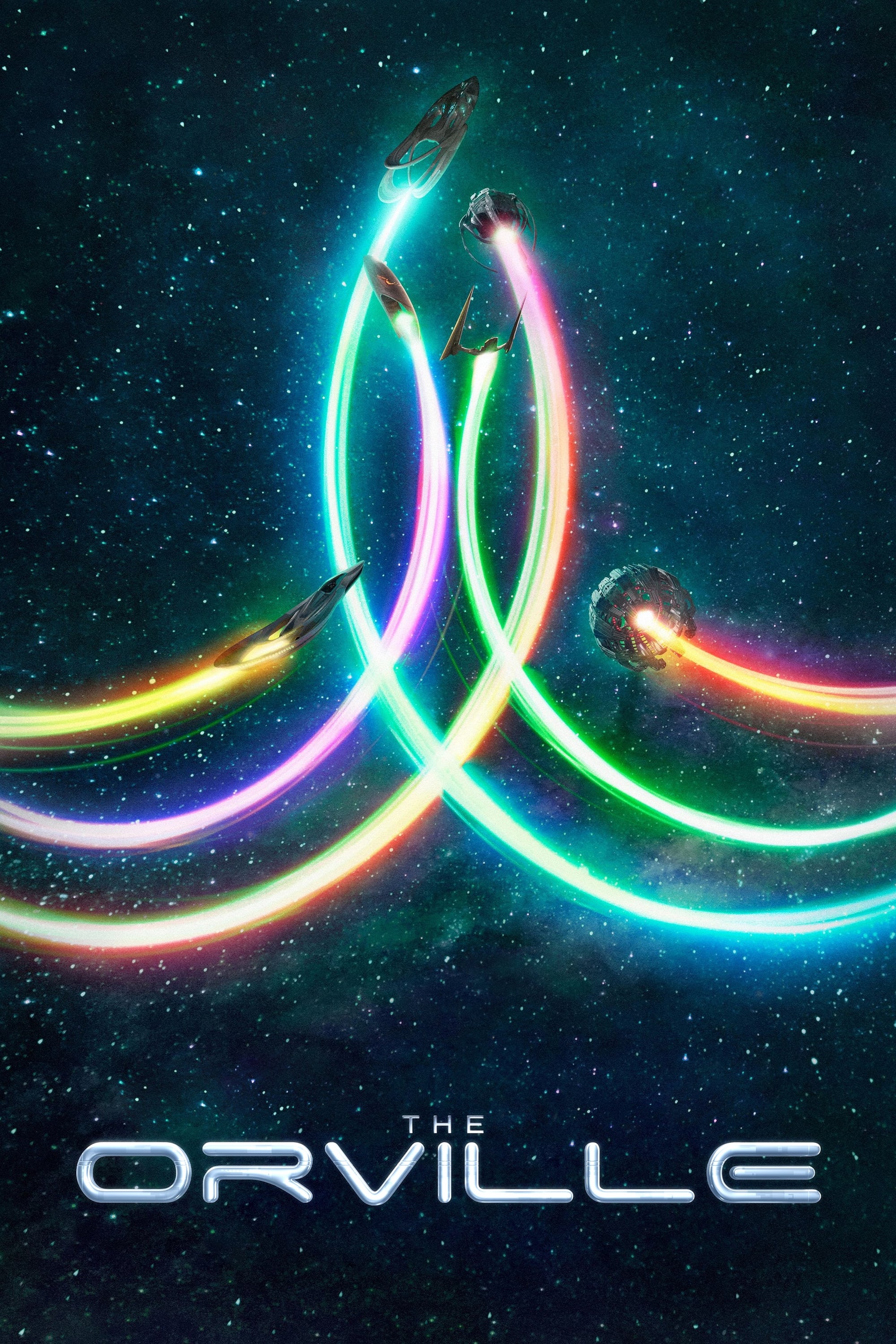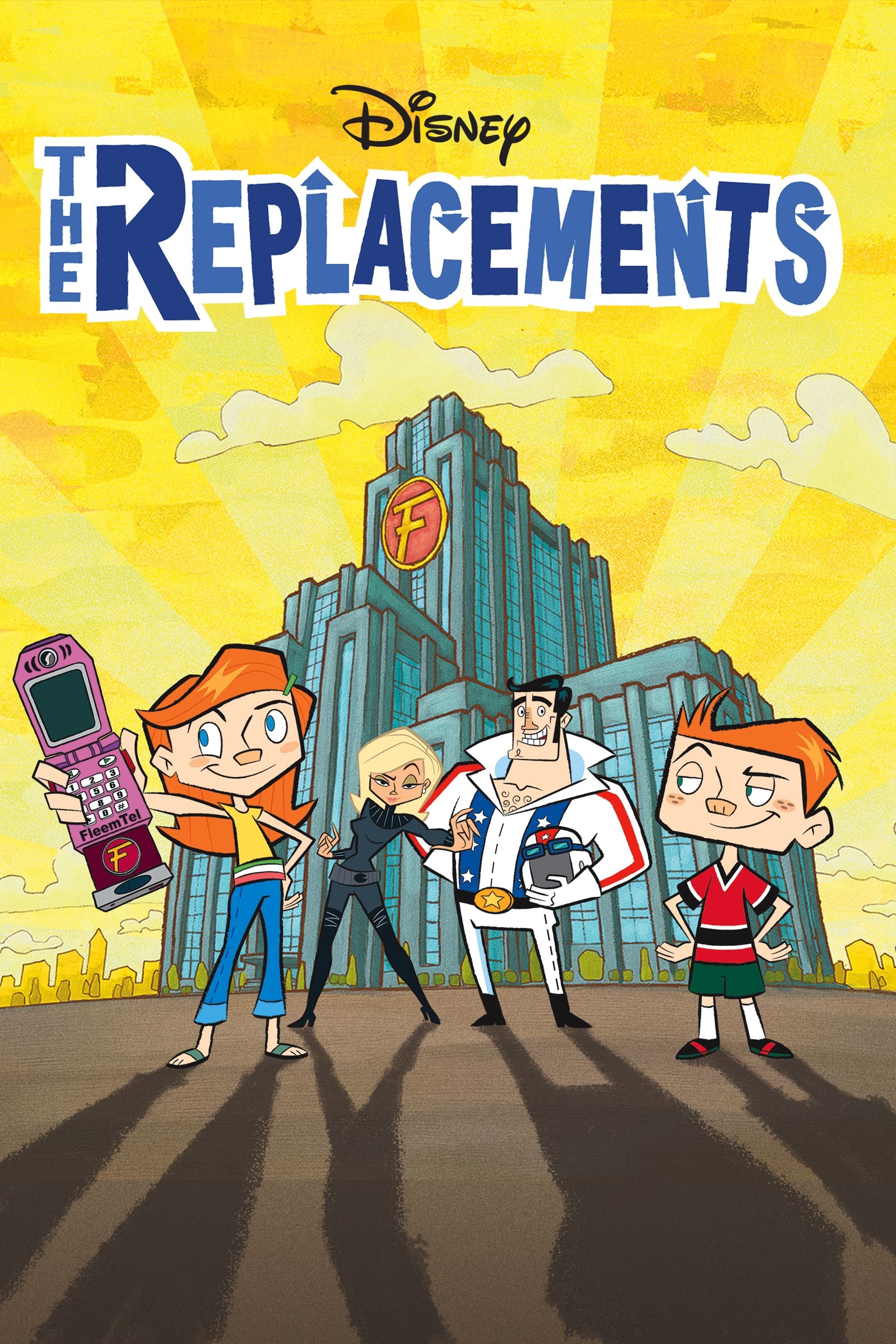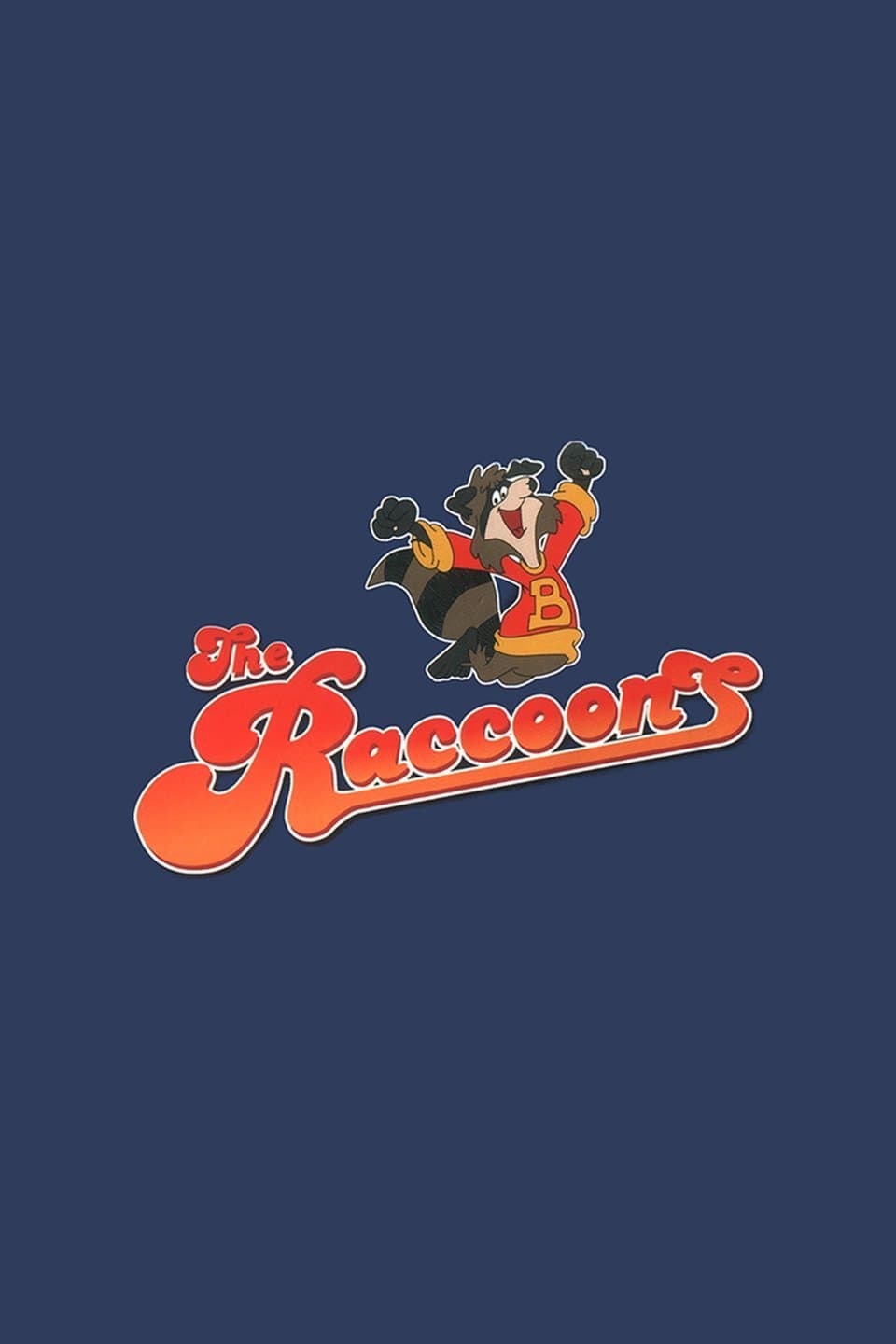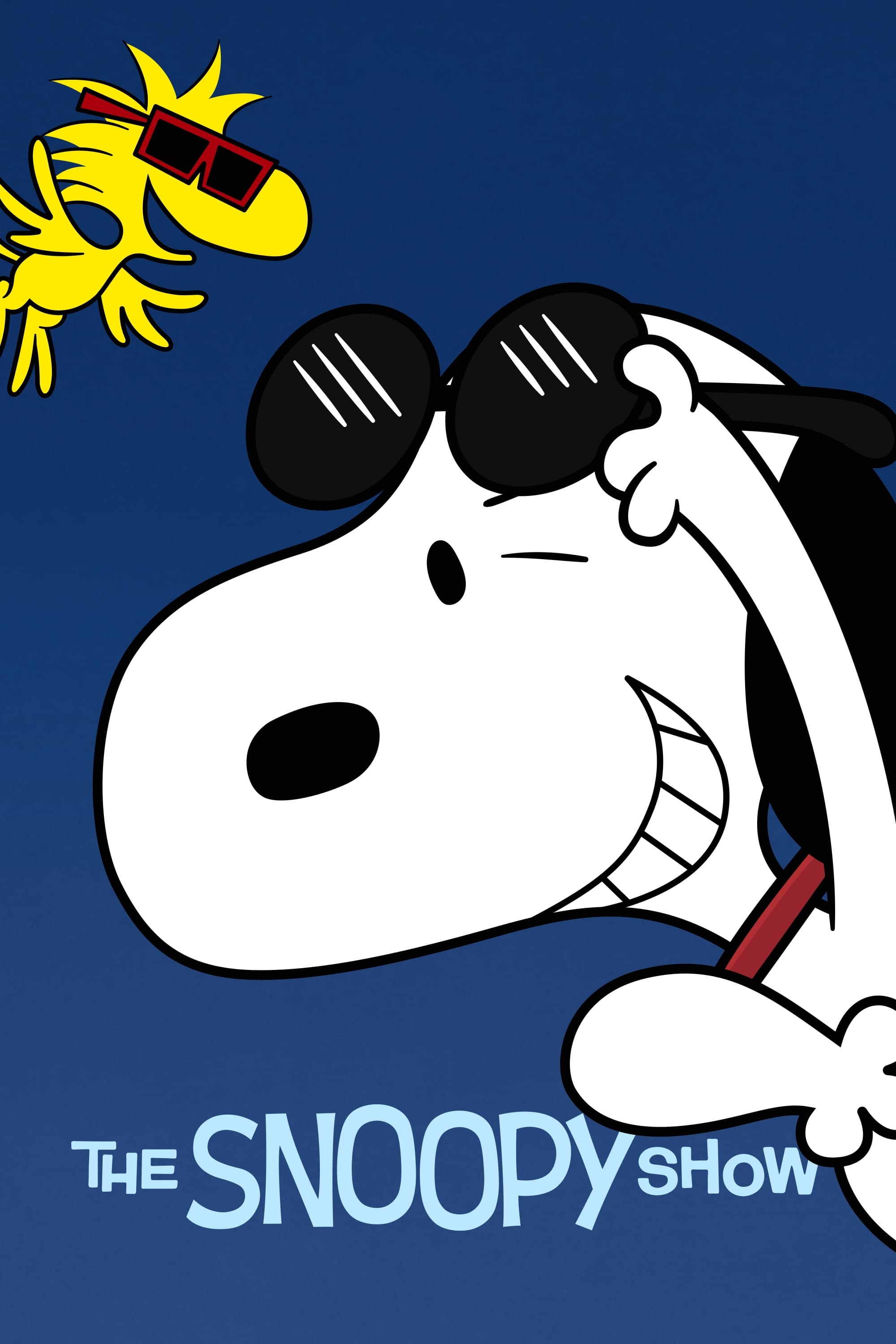
Maria Callas, Orch del Teatro alla Scala di Milano, Tullio Serafin – Mascagni: Cavalleria Rusticana (1953/2014)
FLAC (tracks) 24 bit/96 kHz | Time – 01:17:59 minutes | 650 MB | Genre: Classical
Studio Masters, Official Digital Download | Front Cover | © Warner Classics
Playing Santuzza in a student production of Cavalleria rusticana in Athens in April 1939 was the very first time that Maria Callas, then aged 15, appeared in a leading role in a complete opera, albeit a short one. Her performance went well, both vocally and histrionically, despite the fact that she was suffering from toothache, and her shortsightedness on stage proved to be a problem that needed to be overcome, both then and throughout her career. She later sang Santuzza professionally with the Greek National Opera Company in 1944. After her sensational triumph in I puritani in Venice in 1949 she embarked on a glittering international career and became established as the leading star of La Scala, Milan, which became her artistic home throughout the 1950s. It was with the forces of La Scala that she would go on to make a series of opera recordings that remain unsurpassed to this day, beginning with I puritani in March 1953. Her next recording at La Scala was to be Tosca in August, but before then a recording of Cavalleria rusticana was being made in June at La Scala with a distinguished mezzo-soprano as Santuzza. Despite the fact that this singer was appearing in the role successfully in live performances around that time, she spectacularly failed to hit the top note at the recording sessions, even after repeated tries. The mezzo was given a period of rest and the sessions were postponed until early August, but just before they were about to resume she announced that she was ill and was dropped completely from the project. In a desperate attempt to save the situation, Callas was asked to step in and, despite pressing engagements elsewhere, she agreed. After two days’ rehearsal with Maestro Serafin, she ran through the performance in fine style and the recording now takes its rightful place in the Callas catalogue. –TONY LOCANTRO, 2014
Read more
Maria Callas, Orchestra del Teatro della Scala di Milano, Tullio Serafin – Bellini: I Puritani (2023)
FLAC (tracks) 24 bit/96 kHz | Time – 02:22:04 minutes | 1,35 GB | Genre: Classical, Opera
Studio Masters, Official Digital Download | Front Cover | © Warner Classics
Maria Callas was born on December 2, 1923, in New York’s Washington Heights neighborhood, the second daughter of Greek immigrants George Kalogeropoulos (1881-1972) and Elmina Evangelia Dimitriadou (1894-1982) of Meligalas. Their older brother Vassilios had died of typhoid fever in Greece. The parents had been living in the United States for six months at that time. The father changed the family name to Callas in 1929 after opening a low-earning pharmacy in the Greek section of Manhattan in 1927. In 1937, after the separation of her parents, Maria went to Athens with mother Evangelia and sister Yakynthy (Jackie). She made her first public appearance in Cavalleria rusticana in Athens in November 1938, while still studying at the Athens Conservatory with Maria Trivella. From the beginning of 1938 she studied singing with Elvira de Hidalgo, also at the Athens Conservatory. In August 1942 she sang the role of Tosca for the first time at the National Opera of Athens, and in April 1944 she took on the role of Marta in Tiefland for the first time. In the Greek premiere of Fidelio at the Herod Atticus Theater on August 14, 1944, she took the title role. In 1949 she married the Italian entrepreneur Giovanni Battista Meneghini and took Italian citizenship.
Read more
Giuseppe Di Stefano, Maria Callas, Orchestre du Mai Musical Florentin , Tullio Serafin – Donizetti: Lucia di Lammermoor (2023)
FLAC (tracks) 24 bit/96 kHz | Time – 01:50:24 minutes | 1,07 GB | Genre: Classical, Opera
Studio Masters, Official Digital Download | Front Cover | © Warner Classics
Maria Callas’ first rendition of Lucia on record is an iconic album in several respects: it marks the official beginning of her collaboration with EMI, provides the first example of the legendary alchemy occurring between her and her favorite male partners Tito Gobbi and Giuseppe Di Stefano, and is still nowadays considered the best version of Donizetti’s masterpiece on the vocal front. Callas’ unique impersonation of the tragic heroine culminates in a hair-rising mad scene, never being equaled!
Read more
Maria Callas, Giuseppe Di Stefano, Tito Gobbi, Nicola Monti, Rolando Panerai, Coro e Orchestra del Teatro alla Scala di Milano, Tullio Serafin – Ruggero Leoncavallo: I Pagliacci (1954/2014)
FLAC (tracks) 24 bit/96 kHz | Time – 01:12:49 minutes | 717 MB | Genre: Classical
Studio Masters, Official Digital Download | Front Cover | © Warner Classics
The role of Nedda in Leoncavallo’s verismo classic never entered Callas’s stage repertoire, and so her recording made with the forces of La Scala, Milan, between 12 and 17 June 1954 represents one of her explorations of an opera made purely within the confines of the studio, rather than developing over a period on the stage. But as in all such cases – this was the first time she recorded a role she had not previously sung – Callas’s desire to explore it to the fullest remains paramount. There is a complete identification between singer and character, down to the smallest detail, that make her Nedda an unusually complex creation that grows throughout the opera as she responds to its desperate emotional thrills and spills.
Read more
Maria Callas, Tullio Serafin, Orchestra del Teatro della Scala di Milano – Maria Callas: 90 Opera Arias (2023)
FLAC (tracks) 24 bit/96 kHz | Time – 07:36:15 minutes | 7,92 GB | Genre: Classical, Opera
Studio Masters, Official Digital Download | Front Cover | © Alexandre Bak – Classical Music Reference Recording
Maria Callas (born Maria Anna Cecilia Sophie Kalogeropoulou), was an American-born Greek soprano who was one of the most renowned and influential opera singers of the 20th century. Many critics praised her bel canto technique, wide-ranging voice and dramatic interpretations. Her repertoire ranged from classical opera seria to the bel canto operas of Donizetti, Bellini and Rossini and, further, to the works of Verdi and Puccini; and, in her early career, to the music dramas of Wagner. Her musical and dramatic talents led to her being hailed as La Divina (“the Divine one”).
Read more
Maria Callas, Orchestra del Teatro della Scala di Milano, Tullio Serafin – Bellini: Norma (2023)
FLAC (tracks) 24 bit/96 kHz | Time – 02:40:26 minutes | 1,58 GB | Genre: Classical, Opera
Studio Masters, Official Digital Download | Front Cover | © Warner Classics
Which cantatrice can claim she has embodied the character of Norma better than Maria Callas? The tragic figure of the Gaulish priestess torn between her rank and her love for a Roman proconsul is the emblematic role of Maria Callas, the one she performed most often on stage (almost a hundred times) and with which she attained the status of living legend. Here is the first studio version of 1954 conducted by Tullio Serafin.
Read more
Maria Callas, Ferruccio Tagliavini, Piero Cappuccilli, Bernard Ladysz, Leonard Del Ferro, Margreta Elkins, Renzo Casellato, Philharmonia Orchestra and Chorus, Tullio Serafin – Lucia di Lammermoor (1959/2014)
FLAC (tracks) 24 bit/96 kHz | Time – 01:51:18 minutes | 2,22 GB | Genre: Classical
Studio Masters, Official Digital Download | Front Cover | © Warner Classics
In the later 1950s EMI remade many items of their LP catalogue for stereo including Maria Callas’s Gioconda, Norma and Lucia. John Ardoin’s personal discography The Callas Legacy (Amadeus: 1995, fourth edition) opines that ‘in each instance, she was competing only against herself; the one bout she loses is Lucia’. This echoes the view of several Callas critics of this set, over-aware of both a few moments of vocal unsteadiness and the supposed after-effects of the singer’s eventful private life.
A more precise assessment is that Callas’s voice was changing again, becoming darker and lower-centred. As producer Walter Legge wrote (in On and Off The Record, Faber: 1982), ‘The centre of the voice was basically darkhued, her most expressive range, where she could pour out her smoothest legato.’ This is certainly audible on the second Lucia. The Mad Scene takes greater risks than her early 1950s recordings, feels more sinister and shows – in her colouring of its text – the influence of many more live performances. Callas appears also to have been in confident personal form at the time. The month before the new recording she attended the dress rehearsal of Joan Sutherland’s much-touted Covent Garden debut as Lucia and commented (to Legge): ‘She will have a great success tomorrow and make a big career if she can keep it up. But only we know how much greater I am.’
For the Lucia ‘remake’ in March 1959 Legge retained Callas and conductor Tullio Serafin but changed everything else from 1953. It was recorded in London (Kingsway Hall) not Florence, with a British orchestra and chorus (Legge’s own Philharmonia forces). Serafin had been working with the orchestra in the studio on a Verdi overtures disc and there is no lack of Italian feeling. Legge also departed from his long-term casting of Italian operas with a new mix of singers. They included the relative newcomer Piero Cappuccilli as Enrico and Ferruccio Tagliavini as Edgardo. –MIKE ASHMAN, 2014
Read more
Maria Callas, Giuseppe Di Stefano, Tito Gobbi, Raffaele Arié, Valiano Natali, Anna Maria Canali, Gino Sarri, Coro e Orchestra del Maggio Musicale Fiorentino, Tullio Serafin – Gaetano Donizetti: Lucia di Lammermoor (1953/2014)
FLAC (tracks) 24 bit/96 kHz | Time – 01:50:24 minutes | 1,09 GB | Genre: Classical
Studio Masters, Official Digital Download | Front Cover | © Warner Classics
Maria Callas’s first studio recording of Lucia is often nominated as one of the great sets in the history of recording. It was made in Florence in February 1953 following live performances at that city’s opera house (although with a largely different cast and conductor). It was the soprano’s first recording with Giuseppe di Stefano and Tito Gobbi – both to become regular and valued colleagues – and with Tullio Serafin (already a regular collaborator). It was also the first of producer Walter Legge’s projected series of major Italian operas under Callas’s recently agreed new contract with Columbia.
Read more
Maria Callas, Orch del Teatro alla Scala di Milano, Tullio Serafin – Luigi Cherubini: Medea (1957/2014)
FLAC (tracks) 24 bit/96 kHz | Time – 01:58:51 minutes | 2,02 GB | Genre: Classical
Studio Masters, Official Digital Download | Front Cover | © Warner Classics
Medea is one of the roles most closely associated with Maria Callas – and it is Medea, rather than Médée, because she only ever sang Cherubini’s Médée (1797) in the Italian translation by Carlo Zangarini. It occupies sixth place in the list of roles she sang most often, with a total of 31 performances, and it was a part to which she brought an especially personal and intensely felt interpretation, informed by both her Greek background and her matchless talent for tragedy. Although she was associated above all with the Romantic bel canto repertoire and with Verdi, she also ventured with great success into the Classical repertoire, appearing on stage in works by composers from Gluck (Alceste, Ifigenia in Tauride) to Haydn (Orfeo ed Euridice – she made her debut as Eurydice on stage in Florence with Erich Kleiber in 1951) and Mozart (Die Entführung aus dem Serail at La Scala in 1952, in Italian). To these one could add Spontini’s La vestale (1807), which lies stylistically somewhere between Médée and Norma (La Scala, 1954), even Beethoven’s Fidelio (1804–14), which she sang in Athens in 1944. Medea, falling between the late Classical and pre-Romantic, was the ideal role for Callas (she starred again as the sorceress of Colchis in Pier Paolo Pasolini’s film Medea in 1969, in an altogether different kind of classical reinterpretation, which, although non-musical, had a preview screening at the Paris Opéra). It was at the 1953 Maggio Musicale in Florence that Callas made her debut as Medea, under the baton of Vittorio Gui: the live recording stands as a lasting legacy of her incredible stage presence. So successful was she that La Scala engaged her to repeat the role at the end of the same year, this time with Leonard Bernstein on the podium: another live recording captured another incomparable moment in operatic history. After performances in Venice, Rome, Dallas, London and even the ancient theatre of Epidaurus, it was in this most emblematic of roles that Callas bid her final farewell to La Scala, on 29 May 1962. In between the two, in September 1957 (the same year as Il barbiere di Siviglia, La sonnambula, Turandot and Manon Lescaut!), Callas recorded Medea in Milan, in a version that differed somewhat from her stage performances, if only for the reduced, almost chamber-like orchestral ensemble and the generally incisive nature of its playing, closer to the practice of the late 18th century than to the pre-Romantic feel of her stage incarnation of Medea. –MICHEL ROUBINET
Read more
Maria Callas, Orch del Teatro alla Scala di Milano, Tullio Serafin – Puccini: Turandot (1957/2014)
FLAC (tracks) 24 bit/96 kHz | Time – 01:58:21 minutes | 1,19 GB | Genre: Classical
Studio Masters, Official Digital Download | Front Cover | © Warner Classics
Maria Callas’s outstanding assumption of the title role was recognised as such by Opera magazine’s important recorded performances series in the 1970s. She was placed alongside Eva Turner as its pre-eminent interpreter to date in a list already including Gina Cigna, Birgit Nilsson and Inge Borkh. Callas had sung the role ‘live’ in Italy (Venice, Rome, Verona, Genoa and Naples) and South America (Buenos Aires) 24 times in 18 months in 1948–9 but then dropped it from her repertoire. So when Columbia’s Walter Legge-produced set was made at La Scala in July 1957, she had not sung a complete Turandot for eight years or recorded even excerpts from it since 1954 (‘In questa reggia’ and the two Liù arias).
Parts of Act III from her last run of performances (at the Teatro Colón) have survived. The voice may have been more forceful – Callas was then a dramatic soprano whose repertoire was based on Turandot, Aida, Leonora (Forza), Norma, Abigaille and Kundry. The commanding presence of a dangerous virgin Empress who will kill for the sake of a centuries-old vendetta is certainly there. But the interpretation lacks the detail that Callas would mine from the motivation of her gradual sexual awakening after Liù’s death or the ecstatic, resolving announcement in Act III (‘Padre augusto, conosco il nome dello straniero! Il suo nome è… Amor!’). Here Callas found the personal psychological colouring that so fascinated her in the parts of Violetta, Lucia or in Act III of Aida, layers often lacking in Puccini performances.
The conducting of Tullio Serafin, Callas’s mentor in this role as in so many others, is a contributing factor to her enhanced view of the title role. Serafin, rather than exploring the relative modernity of Puccini’s harmonies or the ‘oriental’ colouring of his orchestration (as, say, Stokowski would in his Metropolitan performances a few years later), takes an almost Wagnerian, symphonic approach to the score. Line and narrative outrank local colour. Of interest also in the cast are Legge’s wife Elisabeth Schwarzkopf (a close friend of Callas) as Liù and Giuseppe Nessi, who created the role of Pang in 1926, as the Emperor. –MIKE ASHMAN, 2014

Maria Callas, Coro e Orchestra del Teatro alla Scala di Milano, Tullio Serafin – Puccini: Manon Lescaut (1957/2014)
FLAC (tracks) 24 bit/96 kHz | Time – 02:00:44 minutes | 1,24 GB | Genre: Classical
Studio Masters, Official Digital Download | Front Cover | © Warner Classics
1957, only three days after the company had completed Turandot. On vinyl the sound was not an unqualified success – perhaps one reason, combined with anxiety about some of Callas’s unsteadier top notes, why the original release was delayed for three years. These problems seemed to vanish, however, once the recording was digitally remastered for CD. Manon is one of four roles – the others being Nedda, Mimì and Carmen – that Callas recorded without having sung them on stage. This does not seem from her performance to have been any barrier to her accustomed method of plundering both music and text of a role new to her for psychological insights. Such interpretative understanding led Callas to present Manon throughout as the simple country girl. This holds whether she is precisely observing Puccini’s frequent ‘con semplicità’ instruction in Act I, transparently acting her new social position as Geronte’s kept woman, yielding to flaming passion at the return to her life of Des Grieux (both Act II) or dying in the Louisiana desert (Act IV). In this final scena, ‘Sola, perduta, abbandonata’, Callas finds the same uncanny empty tone in her voice that she used for other characters on the verge of death, in particular Mimì and Violetta.
The score of Manon Lescaut is frequently criticised for the supposed incoherence of its libretto (no fewer than six hands were involved, including Leoncavallo and Puccini himself) and its over-the-top immaturity. But Callas is careful throughout to reserve her emotional outbursts for where they will best tell a story whose almost filmic gaps anticipate later Puccini. Her way of doing this was often to isolate and concentrate on certain phrases within a set-piece. ‘Un freddo che m’agghiaccia’ catches the freezing cold of Manon’s feelings about loveless aristocratic life, ‘tu, tu, amore tu’ her feelings for Des Grieux (both in Act II) and ‘terra di pace mi sembrava questa’ (‘this seemed a peaceful land to me’) her hopes for salvation even in her final exile. –MIKE ASHMAN, 2014

Maria Callas, Orch del Teatro alla Scala di Milano, Tullio Serafin – Verdi: Rigoletto (1955/2014)
FLAC (tracks) 24 bit/96 kHz | Time – 01:58:03 minutes | 1,17 GB | Genre: Classical
Studio Masters, Official Digital Download | Front Cover | © Warner Classics
When she sang the role of Gilda in Rigoletto on stage in Mexico in 1952, Maria Callas was unhappy at her reception, especially as she had been reluctant to undertake the role in the first place, and after just two performances she never returned to it again, until this studio recording in September 1955. For the project, producer Walter Legge brought together what had already become a hugely successful ‘house’ team consisting of the tenor Giuseppe di Stefano, the baritone Tito Gobbi, the conductor Tullio Serafin and the forces of La Scala, Milan. Together, or in various combinations, these artists were to record some 17 complete operas, and this Rigoletto is one of the pivotal titles in the series. As in La sonnambula, Callas was able to lighten her voice to suggest the virginal simplicity of Gilda at her first appearance, while still portraying warm-hearted sincerity in her love for her father. And this is the one opera that affords Callas and Gobbi three major duets that are central to the structure of the work. Both artists were consummate actors as well as singers, and nowhere else do they have as much scope for delving so deeply into the characterisation of their roles, which change drastically during the course of the drama. They had first sung together in São Paulo in La traviata in 1951, and Gobbi was with Callas in the final Tosca at Covent Garden in July 1965 that marked the end of her stage career. And that same Traviata in São Paulo in 1951 also marked the first encounter between Callas and Di Stefano. They went on to appear together a number of times on stage as well as on record and it was Di Stefano who partnered Callas on her final international recital tour in 1973/34. This mono recording from 1955 was recently selected by Gramophone magazine as the best of all available versions of Rigoletto. –TONY LOCANTRO, 2014
Read more
Maria Callas, Orch del Teatro alla Scala di Milano, Tullio Serafin – Verdi: Rigoletto (1955/2014)
FLAC (tracks) 24 bit/96 kHz | Time – 01:58:03 minutes | 1,17 GB | Genre: Classical
Studio Masters, Official Digital Download | Front Cover | © Warner Classics
When she sang the role of Gilda in Rigoletto on stage in Mexico in 1952, Maria Callas was unhappy at her reception, especially as she had been reluctant to undertake the role in the first place, and after just two performances she never returned to it again, until this studio recording in September 1955. For the project, producer Walter Legge brought together what had already become a hugely successful ‘house’ team consisting of the tenor Giuseppe di Stefano, the baritone Tito Gobbi, the conductor Tullio Serafin and the forces of La Scala, Milan. Together, or in various combinations, these artists were to record some 17 complete operas, and this Rigoletto is one of the pivotal titles in the series. As in La sonnambula, Callas was able to lighten her voice to suggest the virginal simplicity of Gilda at her first appearance, while still portraying warm-hearted sincerity in her love for her father. And this is the one opera that affords Callas and Gobbi three major duets that are central to the structure of the work. Both artists were consummate actors as well as singers, and nowhere else do they have as much scope for delving so deeply into the characterisation of their roles, which change drastically during the course of the drama. They had first sung together in São Paulo in La traviata in 1951, and Gobbi was with Callas in the final Tosca at Covent Garden in July 1965 that marked the end of her stage career. And that same Traviata in São Paulo in 1951 also marked the first encounter between Callas and Di Stefano. They went on to appear together a number of times on stage as well as on record and it was Di Stefano who partnered Callas on her final international recital tour in 1973/34. This mono recording from 1955 was recently selected by Gramophone magazine as the best of all available versions of Rigoletto. –TONY LOCANTRO, 2014
Read more
Maria Callas, Orch del Teatro alla Scala di Milano, Tullio Serafin – Verdi: La forza del destino (1954/2014)
FLAC (tracks) 24 bit/96 kHz | Time – 02:45:32 minutes | 1,71 GB | Genre: Classical
Studio Masters, Official Digital Download | Front Cover | © Warner Classics
Relentlessly pursued by Fate, Leonora in La forza del destino is a haunted heroine whose passions and fears are expressed on a grand scale. Callas’s stage experience of Forza was limited to her early career in Italy – in fact, Leonora was her first Verdi role – but, as Lord Harewood, founder of Opera magazine, observed, her recorded assumption exhibited ‘an unparalleled musical sensibility and imagination and a grasp of the musico-dramatic picture which is unique’. She took her place in a powerful cast conducted by her mentor Tullio Serafin.
‘The two essential reasons for owning this performance of La forza del destino – in preference to all rivals, in spite of a few small cuts – are the incomparable artistry of Maria Callas and the incisive, completely authoritative conducting of Tullio Serafin. For one small example of Serafin’s superb direction, listen to the conclusion of the Alvaro/Carlo scene in Act 3 – marked Allegro agitato e presto. Here he achieves an electric intensity where the first violins accompany with piano triplets which really bristle. Serafin is never frenetic, yet he creates maximum drama. A further example encapsulating all his finest qualities would be the very final scene of the opera. It must be emphasised that his near-ideal conducting contributes enormously to the desirability of this set.’ –Philip Borg-Wheeler, MusicWeb International
Read more
Maria Callas, Orch del Teatro alla Scala di Milano, Tullio Serafin – Verdi: Aida (1955/2014)
FLAC (tracks) 24 bit/96 kHz | Time – 02:24:41 minutes | 1,37 GB | Genre: Classical
Studio Masters, Official Digital Download | Front Cover | © Warner Classics
One of the legendary moments in Callas’ career came in 1950 in Mexico City, when she interpolated a stupendous top E flat at the end of the Triumphal Scene in Act II of Aida. In this recording under Serafin she abided by the score, but still prompted Gramophone to speak of her ‘fascinating art and prodigious personality’, observing the way she was ‘rapt in imaginative intensity in the significance of the words’.
Nobody disputes that the voice of Maria Callas is one of the great instruments of our time, and here is the proof. EMI’s remastered recording of this 1955 performance of Verdi’s ‘Aida’ testifies to her genius as a performer and a star.
Callas and ‘Aida’ had enjoyed a five-year relationship leading up to this recording. Callas was praised for her dynamic portrayal of Aida’s rapidly changing emotions, and criticized for the sustained lament required in ‘O patria mia.’ At any rate, Callas captured the imagination of opera-goers across the globe with her powerful voice, and drew them in with the strength of her personality.
Recorded in Milan at Teatro alla Scala with the house orchestra conducted by Tullio Serafin, these CDs recapture the warmth, vibrancy, and clarity of the original performance. Verdi’s masterwork in the hands of a timeless artiste makes for enjoyable listening and fascinating discussion, both today and in future years.
Read more
























